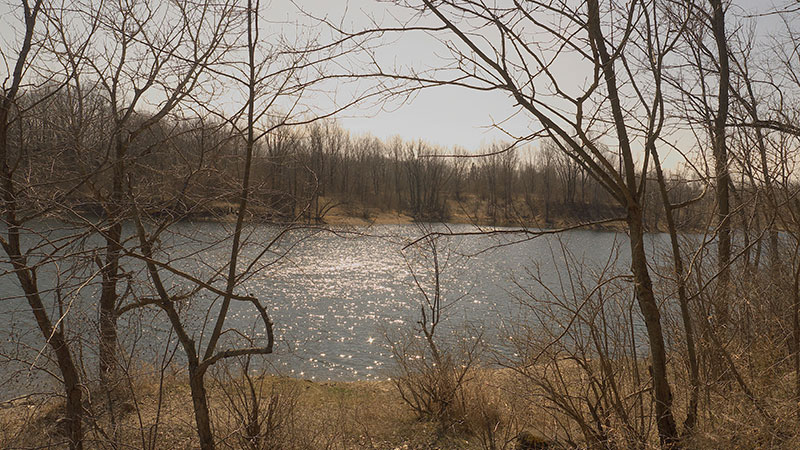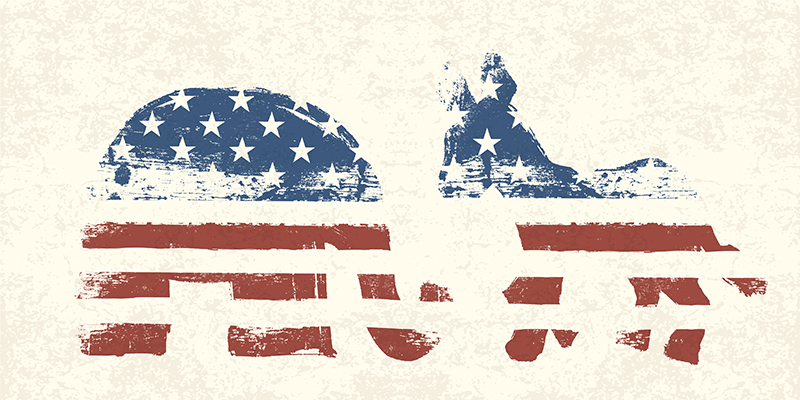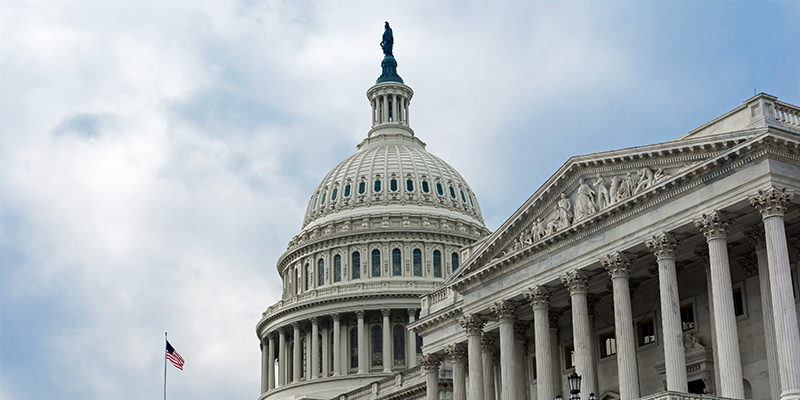California grabbed national attention last year when the state took steps to address the state’s water shortage caused by the continued drought situation. However, maintaining a supply of freshwater for human consumption and use is not unique to California or the West. The debate on a sustainable supply of safe and freshwater to meet current and anticipated need is occurring in states and communities across the United States.
With 70 percent of the earth’s surface covered with water, its supply is seemingly plentiful, but not all water is suitable for human consumption and use. Salt water makes up 97.5 percent of the earth’s water, leaving only 2.5 percent as freshwater. A majority of this freshwater amount if frozen in the icecaps and in Greenland, leaving roughly 1 percent available for human consumption and use. As the world population grows, the demand placed on the current supply of freshwater to meet current and future growth increases and intensifies.
According to a 2015 article in The Washington Post based on NASA data, 21 of the world’s largest underground aquifers have passed the point of sustainability, meaning more water is being taken out than coming in. In the United States, the aquifer for California’s drought-stricken Central Valley is identified as the nation’s most threatened, given the region’s increased reliance on well water for human consumption and use – including agriculture – over rain fall or snow melt. This is not, however, strictly a California issue.
The aquifer supplying the City of Waukesha in Wisconsin is in decline and unable to naturally recharge or refill itself from rain and snow melt because of shale rock barrier that prevents any freshwater from flowing back into the aquifer. With the aquifer’s inability to replenish itself, the city of 70,000 is seeking permission from the Great Lakes Compact to withdraw freshwater from Lake Michigan to meet current and future demand. The Great Lakes Compact was established to protect and preserve North America’s largest bodies of freshwater that makes up 20 percent of the entire surface freshwater worldwide. Under the compact, diversions of water to communities outside the Great Lake-St. Lawrence River Basin are banned with limited exceptions.
The City of Waukesha lies entirely within the Mississippi River watershed, just a few miles outside the Lake Michigan drainage boundary or watershed, but is seeking an exception to this ban. As part of its application to protect and preserve the Great Lakes, the city has agreed to build the infrastructure necessary to return any withdrawn lake water back into Lake Michigan. If granted, the City of Waukesha will be the first city entirely outside the water basin to receive an exception to the ban and allowed to use Great Lake water.
Under the Compact, the state governors surrounding the Great Lakes must unanimously approve the city’s application or approve it with conditions. If one governor opposes, Waukesha will have to find another solution to its water problem that does not involve the Great Lakes. The stakes are high for this major city between Milwaukee and Chicago. Until a long-term sustainable supply of freshwater is identified, the ability for Waukesha to retain and attract residents and provide economic growth and opportunity will become more challenging as the aquifer’s water level declines.
Waukesha is not alone in seeking a long-term safe and sustainable water supply to meet its city’s current and anticipated water needs. Cities and communities across North America are facing similar challenges and pressures to conserve and maintain a safe supply of water for human consumption and use. In addition to new technologies, these challenges also spur debates on new water policies that may impact commercial real estate, such as mandated water fixtures, increased water rates and fees for infrastructure and land use restrictions. Because of this, it is important for NAIOP and its members to remain diligent and engaged with policymakers during these important debates.
Stay informed. As the old adage, attributed to Mark Twain, goes: “Whiskey is for drinking, water is for fighting.”














